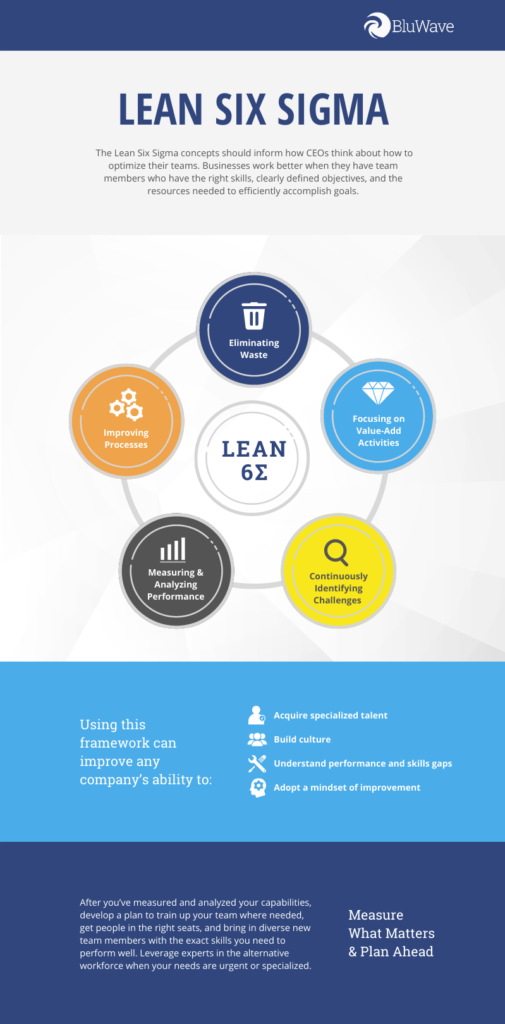At first glance, Troy Templeton is a stereotypical private equity managing partner demonized by the click-bait driven media machine and industry detractors as “people in charge of thrashing companies only to fill Steven Schwarzman’s pockets.” Is part of his role at Trivest to make money? Of course, because that is the role of any business. But when I spoke to Troy—who joined the “oldest private equity firm in the Southeastern United States” in 1989—he told quite a different story than the general public is used to seeing in the headlines.
From his “Just Say No” philosophy to Trivest’s proven “Path to 3x” methodology, Troy considers his main job as the firm’s leader to be “acting as a steward of any business we put its dollars into”; thus, preserving the positive aspects of the culture and providing incentives for founders to take their business to the next level instead of cashing out to fulfill their childhood dream of racing cars (which some inevitably do). With all the disruption happening around us, it’s nice to hear about those who value hard work, job creation, and stability over the long-term—while prioritizing high-growth and money-making. Perhaps this is the headline we should all strive to attain, despite the naysayers’ seeming grasp on the narrative.
Sean Mooney: I’ve heard you say “we run a business not a deal shop.” What do you mean by that?
Troy Templeton: From the beginning of Trivest (1981) the investment philosophy was always about finding good deals and working with companies to make them more valuable. At first, this meant doing a couple of deals a year. But over time, the realization was that we needed to build a scalable business model for PE, otherwise we would just be a deal shop. In order to consider ourselves a business, we worked on the three main components of an investment (deal sourcing, deal execution, and value creation), and put process, data, and strategy around each one of them to make it scalable.
SM: Any chance you will open the kimono on how this works, even on a high level?
TT: Well, for starters, in terms of deal sourcing: we used to source about 300 deals per year, which translates to roughly 25 a month. In June 2021 alone, we sourced 418 deals; and we will likely end up sourcing around 4,000 deals this year. That’s over 10x in deal sourcing compared to what it was with the old model. We’ve done that by investing heavily in this area, and almost 20% of our firm is comprised of business development professionals. We are not reliant on a single source of deals; instead, we source from multiple channels and have a strategy for finding opportunities in each of those channels. We no longer have to wait for good deals to find us because we are proactively going out with a dedicated team and finding them.
With regard to deal execution, it really comes down to differentiating in a crowded market. In other words: how can we convince an owner to choose us based on things other than price? Our model eliminates pain points for the seller with our “Just Say No” philosophy. This pertains to saying “no” to things like requiring them to reinvest proceeds, aggressive capital structures, requiring heavy debt burdens, escrow requirements, and indemnification or working capital adjustments. We want the seller to see us as stewards of their life achievement. We want to be fair and transparent where both parties feel good afterward.
Lastly, it’s about value creation. This is what PE is all about. In public markets just 4% of public companies triple their value over a five-year period; but 75% of Trivest companies triple their value over five years. This value creation process is called the “Path to 3x.” Every company has six areas of focus: category of one (differentiate), management, measure what matters, organic growth strategy, acquisition strategy, benchmarks to measure against greatest companies. If we can work with a company to align and execute on these areas, that is where the real value is created, and ultimately money is made.
SM: If you’re a founder-owned business considering private equity as a path for expansion and growth, what are the most important questions to ask potential PE investors?
TT: The first question is “will I have to reinvest?” Not all founders will want to do this, but they never ask the question upfront. We had a very successful investment (it was a 10x deal) where three of the key players wanted to reinvest nothing. They wanted a 90-day “out” plan so they could go race cars. Most PE funds wouldn’t invest in this situation, because for the most part, they want founders to reinvest.
The second question is “will I receive 100% of the purchase price at closing?” This question is important from a deal perspective. The devil is in the details, and some term sheets will require all these costs (escrows, working capital adjustments, seller note, earn-out, etc.) that will lower the purchase price significantly. Owners should understand what they will get at close.
I also think owners have a responsibility to ensure their company has a proper chance to succeed, and it shouldn’t be just about the seller maximizing value. An owner should be asking themselves whether the company will be better off five years from now if we do this deal. So, this translates to the third question: “how much debt is going to be on my business moving forward?” Businesses fluctuate, and if an appropriate capital structure is not in place for the company to help it weather whatever storms occur over the next several years, then both the buyer and seller lose. To avoid this, Trivest has a policy of only using senior debt and no more than 3x of operating cash flow.
SM: Have any investments you’ve made outperformed your expectations? How and why?
TT: We purchased a small plumbing business in Kentucky about four years ago and used the “Path to 3x” to build it up significantly through roughly 15 add-ons. During the pandemic, the business started thriving. With each add-on, the founders remained in place after they sold. We minted over 20 people becoming millionaires: this was a life-changing event for most of them. Additionally, 100 employees were shareholders—since we believe strongly in bringing as many employees into the equity of the business as possible. It was such an amazing thing to witness and play a role in, as this isn’t something you normally see in a privately held business.
SM: In terms of “Topgrading”—a term that simply means ensuring the right people are in place—how do expert, third-party resources play into that?
TT: The key to Topgrading isn’t just about the CEO and C-level. It’s also about the next two layers below the C-suite. This is where you can make a dramatic difference, but unfortunately, far too many companies don’t focus on it. I think this is why Trivest has been growing so quickly, because we’ve used this concept in our own company, and it works! Our business development team is filled with great people who “own” their function, and as a result we’ve been able to build a culture of success around it. For any organization, this is an important part of overall company health. While leadership has to come from the top, if you don’t empower other levels of the organization to thrive, then you essentially build a layer of dependency into the process. When that happens, it becomes nearly impossible to scale.
SM: Add-on acquisitions are a core part of the Trivest playbook. In your opinion, what are a few elements that ensure a smooth transition and integration process?
TT: We’ve done about 75 in the past couple of years. Truthfully, some worked and some didn’t—but that’s all part of the risk portion of being an investor. Here’s what we’ve learned:
First up, there has to be a business fit. A lot of people will buy companies when there isn’t a reason for the companies to be together. It’s just about size and irrelevant to the core business; you see this a lot with tech companies. In addition to business fit, there also has to be a cultural fit.
Second, communication must be prioritized in order for the integration to work. You have to be transparent, otherwise, people will think the worst about what’s going to happen (read: they think they are going to get fired). This uncertainty leads to poor performance, and ultimately, people leaving whether this was part of the plan or not.
Third, and likely most importantly: you need a “butt on the line.” Someone has to be responsible for the transition, and you need a dedicated resource to be held accountable for any missed opportunities or failures (and successes too).
SM: If private equity didn’t exist, what would the economy look like?
TT: This may seem hyperbolic, but (especially after 2020) it would be in shambles. Private equity is a key component of liquidity, and a key buyer in every major, essential industry. If PE didn’t exist, founder and/or family-owned businesses could only sell to strategics or a management team. You’d have more public companies, which on average perform poorly compared to PE-backed companies—as I noted earlier. The focus may largely be on cost savings and making money, and wouldn’t necessarily account for people or culture. In short: there would be fewer options for selling, with worse outcomes for the companies post the sale.
Also, to wit, you never hear about the other side of the PE-equation: what these companies we invest in do for their families, communities, and partners. Most founders who realize their life’s goal by selling their business don’t immediately go out and buy a yacht and a new mansion, rather—they typically invest in other companies, provide security for their families and become much more philanthropic. Yes, sometimes they pursue their hobbies like racing cars…but that’s generally the exception and a small part of their overall net worth.
Without private equity, there would be no vehicle for most investors, large and small, to participate in the most vibrant and growing part of our economy—lower and middle-market companies. PE is an important growth engine of the economy, and the economy wouldn’t be nearly as robust.
SM: What is one thing you wish everyone understood about private equity?
TT: I wish everyone would think of us like the Meghan Trainor song “It’s all about that bass”—except for us it’s: “It’s all about that growth.” If we are growing, then our companies are going to do well. From the frontline workers to the founder to the investor, it’s a win-win. Money is simply a byproduct of being a good steward and helping a company grow. [drops the mic]














